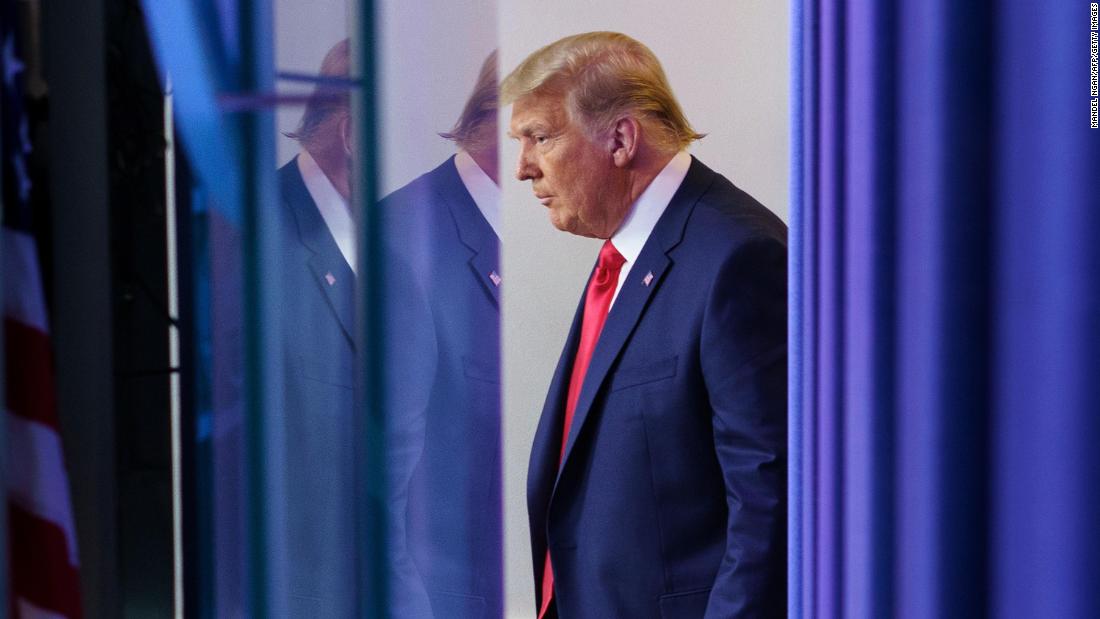Between attacks on fellow Republicans, veto threats and potential pardons, it’s clear that Trump will not be leaving office quietly
Trump will not be leaving quietly. He officially threatened to veto the massive annual National Defense Authorization unless lawmakers add in an unrelated provision to strip Section 230 from the Communications Decency Act, which protects internet providers and tech companies like Facebook and Twitter from being held legally liable for what is posted on their websites or how they manage the content.
Presidential pardon power as a family insurance policy
The law is murky and the power of the pardon is expansive, although impeachment and pardon expert Frank Bowman at the University of Missouri School of Law has written in a forthcoming paper that neither are okay.
I got completely sidetracked by Bowman’s history of the pardon, which includes a story about King Charles II, who took over during the Restoration in the 1660s. He was king, but he didn’t have enough money and Parliament wasn’t giving him enough. So he offered France neutrality in their war with the Dutch in exchange for a salary. Talk about a quid pro quo. Also, he was supposed to convert to Catholicism.
Anyway, the House of Commons impeached his confidant, the Earl of Danby. Charles II pardoned him. Years later Parliament excluded pardons from impeachments. And that’s got a lot to do with the Founders doing it here too.
Bowman is of the opinion that Biden’s Justice Department won’t spend much time investigating Trump since it wants to move on. But only Trump knows what he, his kids and his lawyer have done during his time in office.
Sean Hannity was preemptively defending the principle of pre-pardons on his radio show Monday, arguing Trump needs to protect himself and his family from a witch hunt that, otherwise, will never end.
The Covid crisis is escalating
The US on Wednesday hit a new record for daily reported Covid-19 deaths as cases continue to spike. Here are the numbers, according to data from Johns Hopkins University:
Deaths reported as of 10 p.m. ET on December 2: 2,674.
Deaths reported April 15: 2,603.
The record daily death toll marks a sad new reality, even as vaccines are starting to come into play.
An FDA official expressed annoyance that the White House didn’t seem to understand that there was a process.
“Let me be clear — our career scientists have to make the decision and they will take the time that’s needed to make the right call on this important decision,” Hahn said in the statement.
HHS frontrunner driven by experience with sister’s disease, debt. The top choice of President-elect Joe Biden to lead the Department of Health and Human Services is Michelle Lujan Grisham, a former state health director, congresswoman and current governor of New Mexico, people familiar with the matter have told CNN.
Lujan Grisham has said her experiences with her sister and the subsequent debt her family was saddled with due to her illness and treatment has “inspired” her to dedicate her life to improve affordable health care.
Frustration with restrictions — In this newsletter I’ve written a lot about our collective US decision to prioritize restaurants and bars over schools and the difficulty of properly opening places of learning.
“People can shop at Target, get their hair cut at a salon, eat indoors at restaurants but we cannot have a socially distanced burial outdoors for my mother? Her seven grandchildren cannot attend? Her older great-grandchildren cannot say goodbye? How can this be?” Holly Susi wrote to Rhode Island’s governor, according to the Journal.
Northam’s transgression, according to The Washington Post, is mandating face masks in public places where distance is not possible, capping public gatherings at 25 people, and banning the sale of alcohol by restaurants after 10 p.m.
Keep an eye on this backlash to restrictions, particularly after Trump leaves office and we’ll have to compare it to the Tea Party backlash of 2010 after Democrats passed a bill that sought to extend health insurance to more Americans in part by charging them a tax for not having it. Anger at authority seems to be more actively piqued when the authority has to do with public welfare.
![]()


